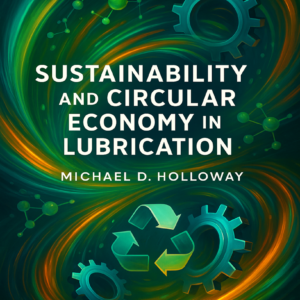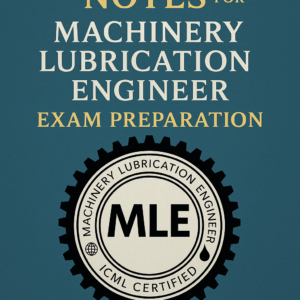PDF Designed Experiments for Lubricant Formulation and Product Development by Michael D. Holloway provides a comprehensive guide to the application of statistical design of experiments (DoX) methodologies in the development, formulation, testing, and optimization of lubricants. As lubricants operate in complex and variable environments, their formulation requires the systematic study of interactions among base oils, additive packages, and process variables to ensure reliable performance across a range of conditions. This book empowers chemists, tribologists, engineers, and product developers with structured experimental approaches to reduce trial-and-error and accelerate time to market.
The book begins by defining the key types of variables—independent, dependent, categorical, control, random, interaction, and noise—and explains their roles in experimental design. It then guides the reader through foundational and advanced DoX methods, including factorial designs, response surface methodology (RSM), mixture designs, central composite designs (CCD), Taguchi orthogonal arrays, and robust parameter design (RPD). Each method is illustrated with lubricant-specific examples such as optimizing viscosity, wear resistance, oxidation stability, and performance under shear, load, and temperature extremes.
Real-world application is emphasized through case studies, showing how DoX enables formulation tuning, process optimization, and lifecycle integration, from screening base oil blends to validating field-ready performance under noisy, uncontrolled conditions. Practical experimental matrices, contour plots, and response surface models are used to identify optimal conditions and synergistic effects.
Designed for both seasoned professionals and emerging engineers, the book bridges formulation science with statistical engineering, offering a roadmap for developing high-performance, robust, and cost-effective lubricants. Its industrial relevance, structured approach, and extensive examples make it a vital resource for R&D professionals, quality assurance teams, and technical educators working in tribology, petrochemicals, and lubricant technology.




